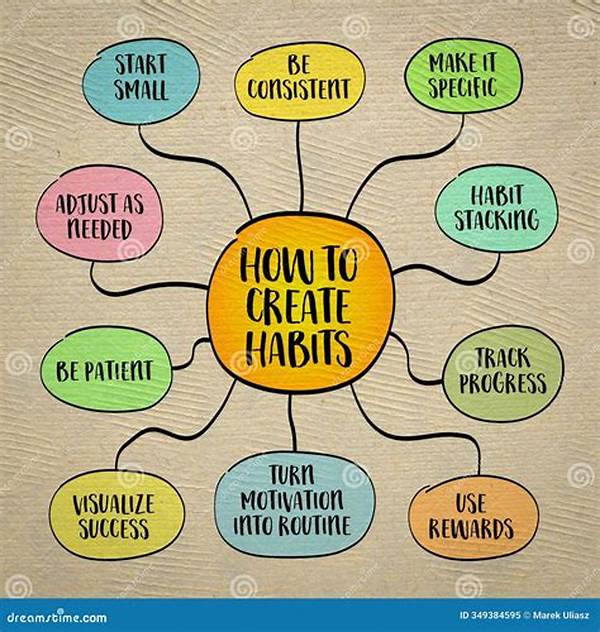The Psychology of Writing Your Goals Down
Read More : Journaling For Stress Relief Backed By Science
Have you ever wondered why some people seem to achieve their dreams with ease while others struggle to stay on track? The secret may lie in a simple, powerful technique: writing down your goals. The psychology of writing your goals down is more than just scribbling ideas on paper; it’s a transformative process that can propel you toward success.
First, let’s dive into the fascinating research behind this practice. Studies suggest that individuals who write down their goals are significantly more likely to achieve them than those who do not. A groundbreaking study conducted by Dr. Gail Matthews, a psychology professor at the Dominican University of California, revealed that participants who wrote down their goals accomplished them at a much higher rate compared to those who did not. This isn’t just motivational mumbo jumbo — it’s science!
Writing your goals down serves as a form of visual commitment. When you see your goals written on paper, they become tangible and real, no longer just abstract ideas floating around in your mind. This process also taps into the power of your brain’s reticular activating system (RAS), which filters information and highlights what’s essential. By writing down your goals, you’re essentially instructing your RAS to focus on opportunities and resources that align with your aspirations.
The Impact of Goal-Setting on Personal Growth
But why is writing down goals so effective? The psychology of writing your goals down primely lies in the clarity it provides. By transforming vague wishes into specific objectives, you create a roadmap for success. This clarity fosters motivation, making it easier to break your goals into actionable steps. Whether you want to climb the corporate ladder or run a marathon, writing down your goals guides your journey and acts as a compass when the path gets rocky.
Discussion: Exploring the Science and Art Behind Goal Writing
Why is the simple act of jotting down goals so transformative? Let’s embark on a deeper exploration of the psychology of writing your goals down, examining both scientific insights and practical takeaways to elevate our goal-setting strategies to an art form.
Indeed, writing your goals down is akin to setting your personal GPS. As amusing as this analogy may sound, the seriousness of the results it produces cannot be overstated. The human brain is an extraordinary entity that is continually sifting through millions of pieces of information to prioritize what’s essential at any given time. When you write down your goals, you’re flagging those priorities, ensuring your brain is aware of them amidst the sea of daily noise. Additionally, psychologists highlight that when you physically write down your goals, you engage motor memory. This kinetically connects your aspirations to a tangible action, anchoring them in reality.
Furthermore, writing goals isn’t just about pen and paper. It is a psychological dialogue with oneself. You’re essentially engaging in self-reflection, acknowledging what truly matters to you. This process fosters self-awareness, helping you align your actions with your core values. When your goals resonate with your identity, pursuing them becomes less of a chore and more of an empowering journey. Interestingly, many personal development coaches suggest that writing daily affirmations alongside your goals strengthens your resolve, adding an emotional boost to the cognitive clarity you gain.
Choosing the Right Tools for Goal Achievement
Let’s lighten the mood with some tips for choosing the right tools to solidify the habit. Ever heard of bullet journals? They’re not just trendy; they’re effective! Bullet journals or digital apps like Trello or Notion can be fantastic for organizing your thoughts and keeping track of your progress. The fun, customizable nature of these tools encourages regular engagement, ensuring your goals stay top-of-mind. Also, these techniques transform the goal-setting journey into an enjoyable process, infusing it with creativity and personal style.
Testimonies of Transformation: Real-Life Success Stories
Many successful individuals attribute their achievements to the psychology of writing your goals down. Take Sarah, a mom-entrepreneur who transformed her fledgling home business into a thriving online marketplace by rigorously penning her goals. She likens the experience to “planting a seed.” “It was amazing to see how a scribbled thought evolved into measurable milestones,” Sarah shares. Similarly, Jay, a fitness enthusiast, met his dream of completing an Ironman triathlon by meticulously noting down his daily training goals, creating a psychological roadmap to surpass his limits.
Examples of Writing Your Goals Down
Writing Goals Down: Purpose and Potential
As explained, the psychology of writing your goals down is not just about marking dreams but about harnessing optimism and specificity to chart a future defined by achievement and satisfaction. When you commit to this practice, you engage with your goals on a deeper level, heightening your chances for success substantially.



